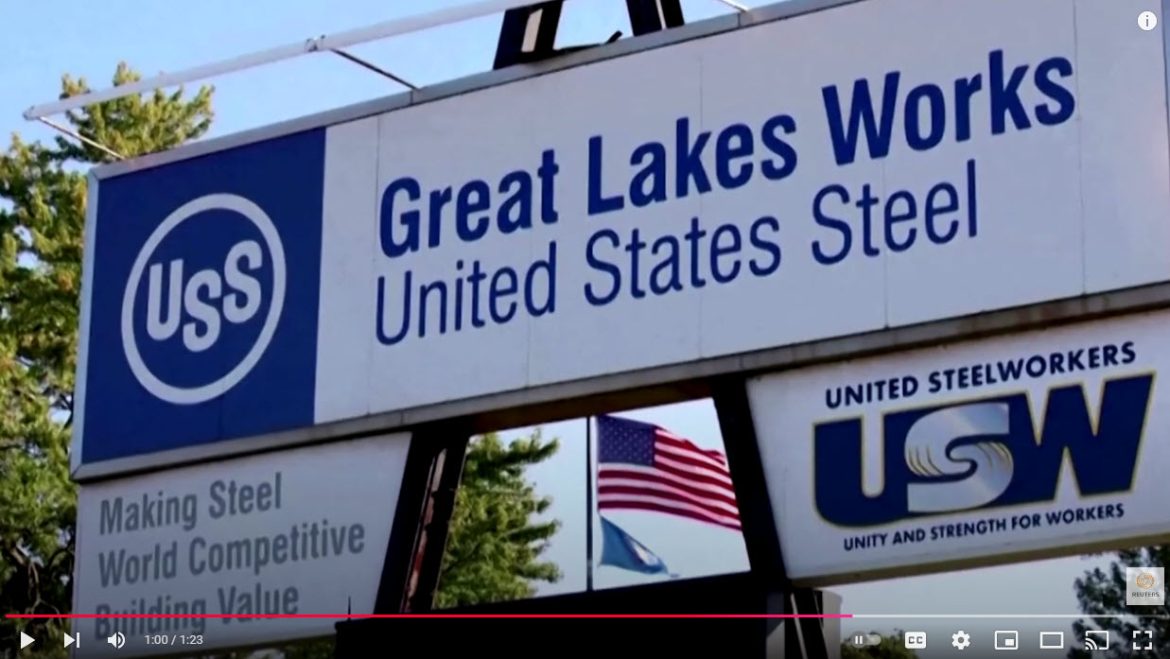U.S. Steel and Japanese-owned Nippon Steel are suing President Joe Biden after his administration blocked a proposed deal between the two companies, citing national interests and the need to prioritize American-led steelmaking. The lawsuits, filed this week, allege that Biden violated their constitutional right to due process by halting the merger without proper justification.
The legal battle comes in the wake of Biden’s decision last week to block Nippon Steel’s acquisition of U.S. Steel, a move he described as necessary to protect American industrial sovereignty. “We need American companies representing the majority of our steelmaking capacity to put our national interests at the forefront,” Biden stated, framing his decision as part of a broader strategy to safeguard domestic manufacturing and jobs.
Nippon Steel and U.S. Steel argue that the decision was politically motivated and lacked a solid legal foundation. Their joint lawsuit asserts that the administration’s actions interfere with legitimate business operations and international trade agreements. The companies are seeking judicial intervention to overturn Biden’s decision, allowing the merger to proceed.
In a separate filing, the companies also target David McCall, president of the United Steelworkers union, and steelmaker Cleveland-Cliffs, accusing them of interfering with Nippon Steel’s plans to acquire U.S. Steel. The lawsuit claims that McCall and Cleveland-Cliffs collaborated to undermine the deal by lobbying the administration and influencing Biden’s decision to block the merger.
Cleveland-Cliffs, a key competitor, had previously expressed interest in acquiring U.S. Steel, raising concerns that its involvement in the matter represents a conflict of interest. McCall, an outspoken advocate for maintaining American control over critical industries, has defended the administration’s decision, arguing that allowing foreign entities to dominate U.S. steel production could jeopardize national security and labor rights.
Industry experts are divided on the issue. Proponents of the merger argue that the deal would enhance global competitiveness, improve efficiencies, and strengthen supply chains by leveraging Nippon Steel’s advanced technology and U.S. Steel’s domestic footprint. Critics, however, warn that foreign ownership of a significant portion of America’s steel industry could weaken economic independence and reduce domestic control over critical resources.
The lawsuits set the stage for a contentious legal and political battle, with potential implications for U.S.-Japan trade relations and the future of the American steel industry. The Biden administration, meanwhile, has doubled down on its commitment to bolster domestic manufacturing, positioning the blocked merger as a pivotal step in achieving that goal.
As the legal proceedings unfold, the case is likely to draw attention from international trade organizations, labor unions, and policymakers, highlighting the complex intersection of economic policy, national security, and global commerce.



